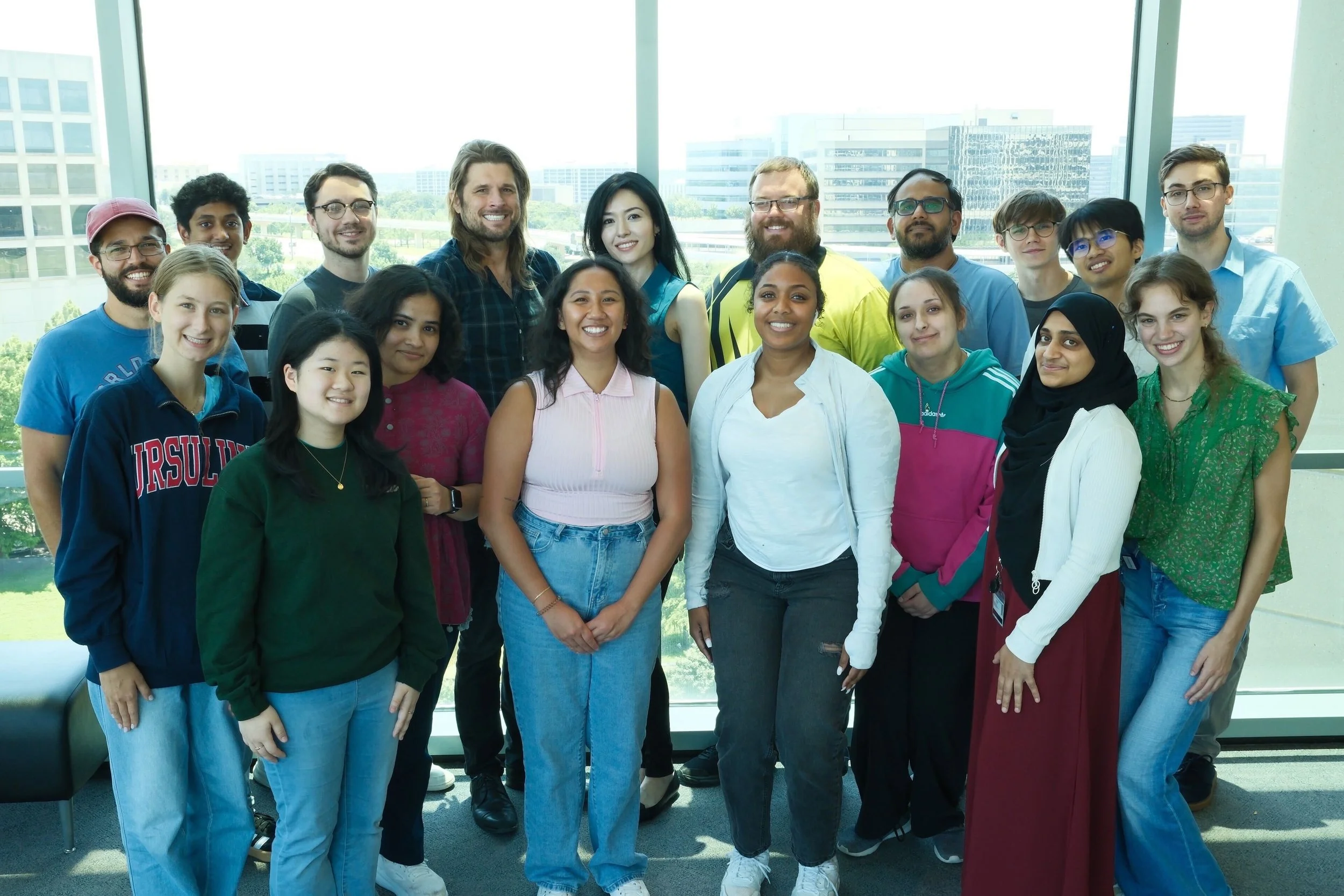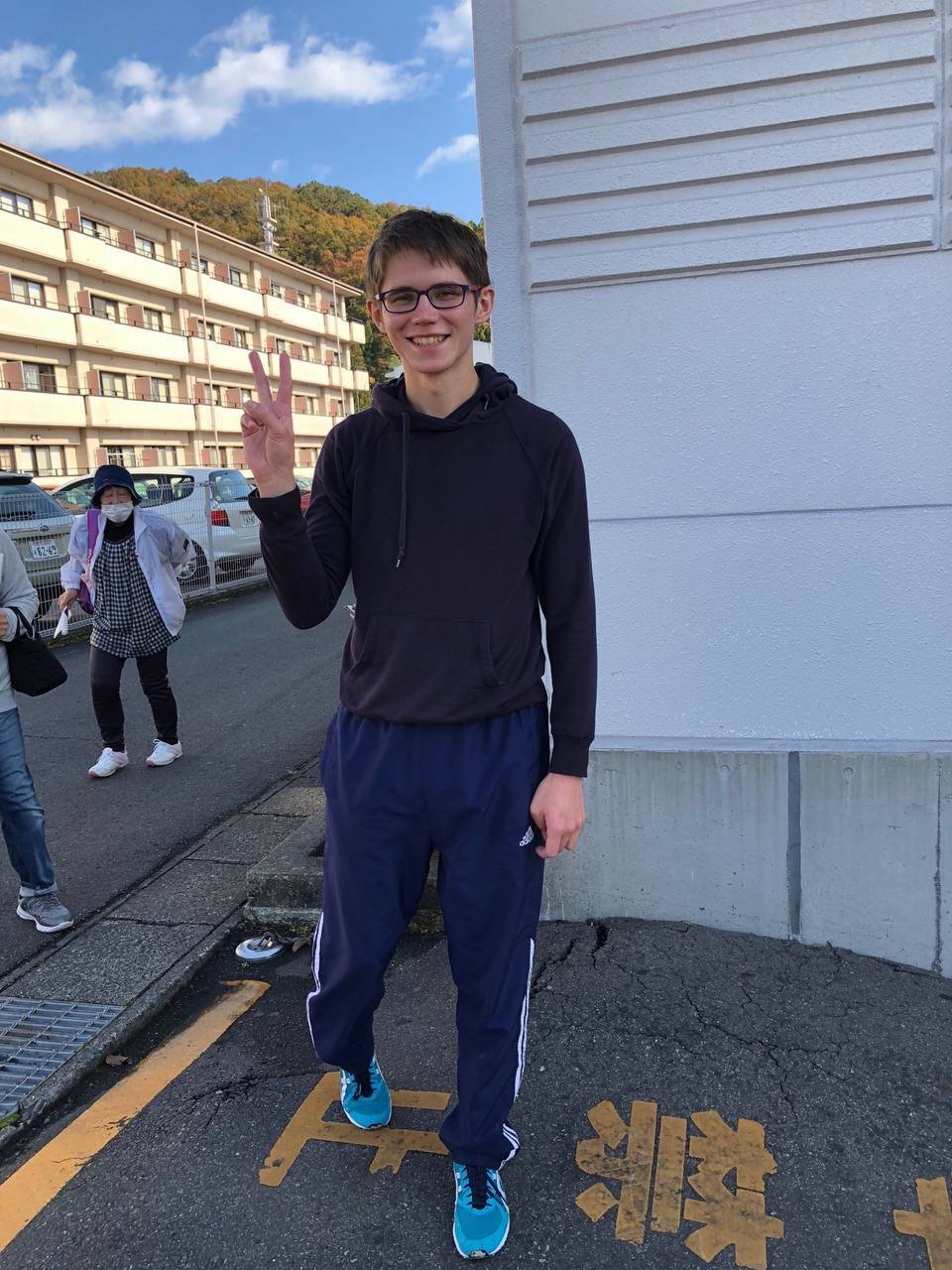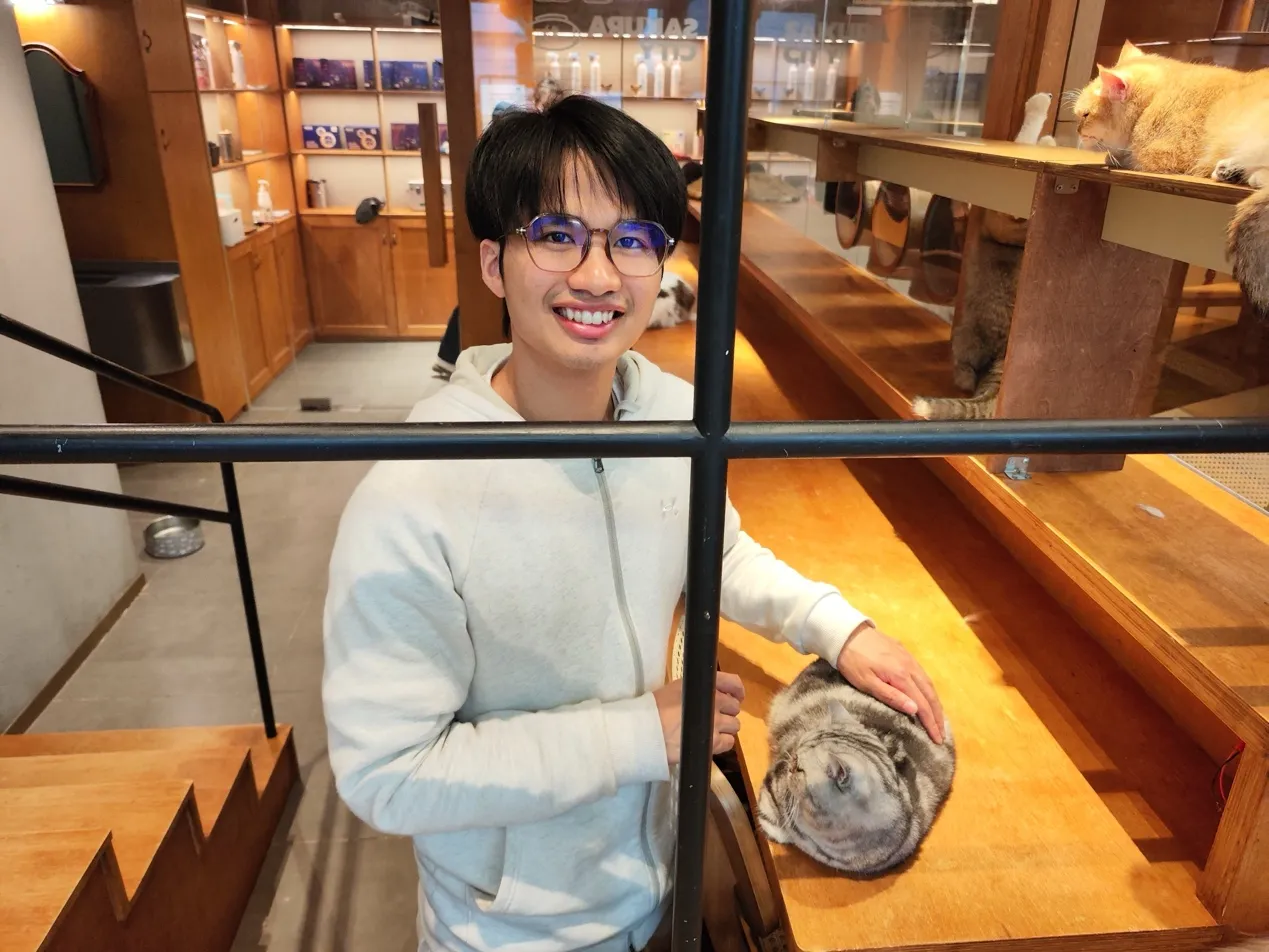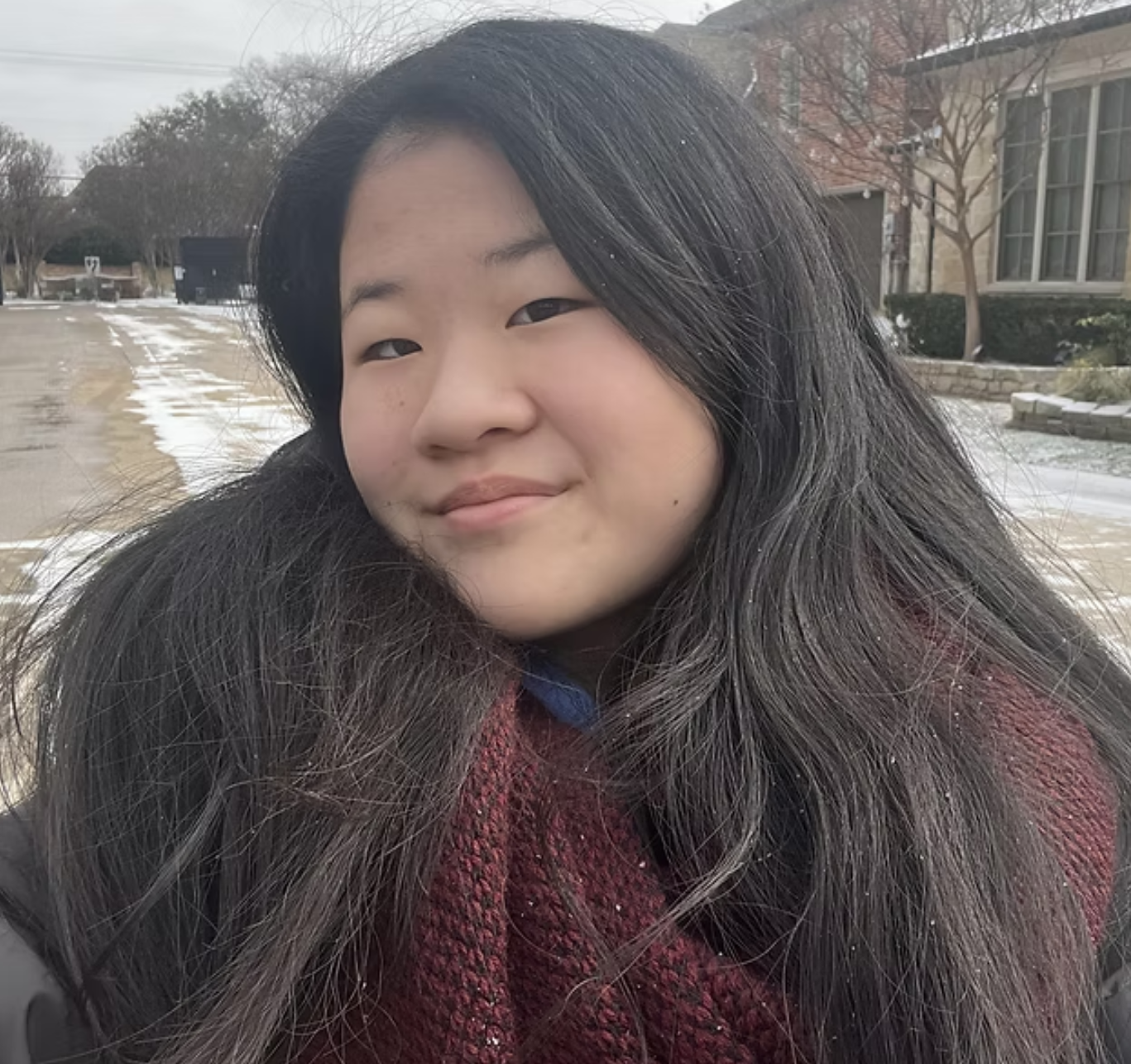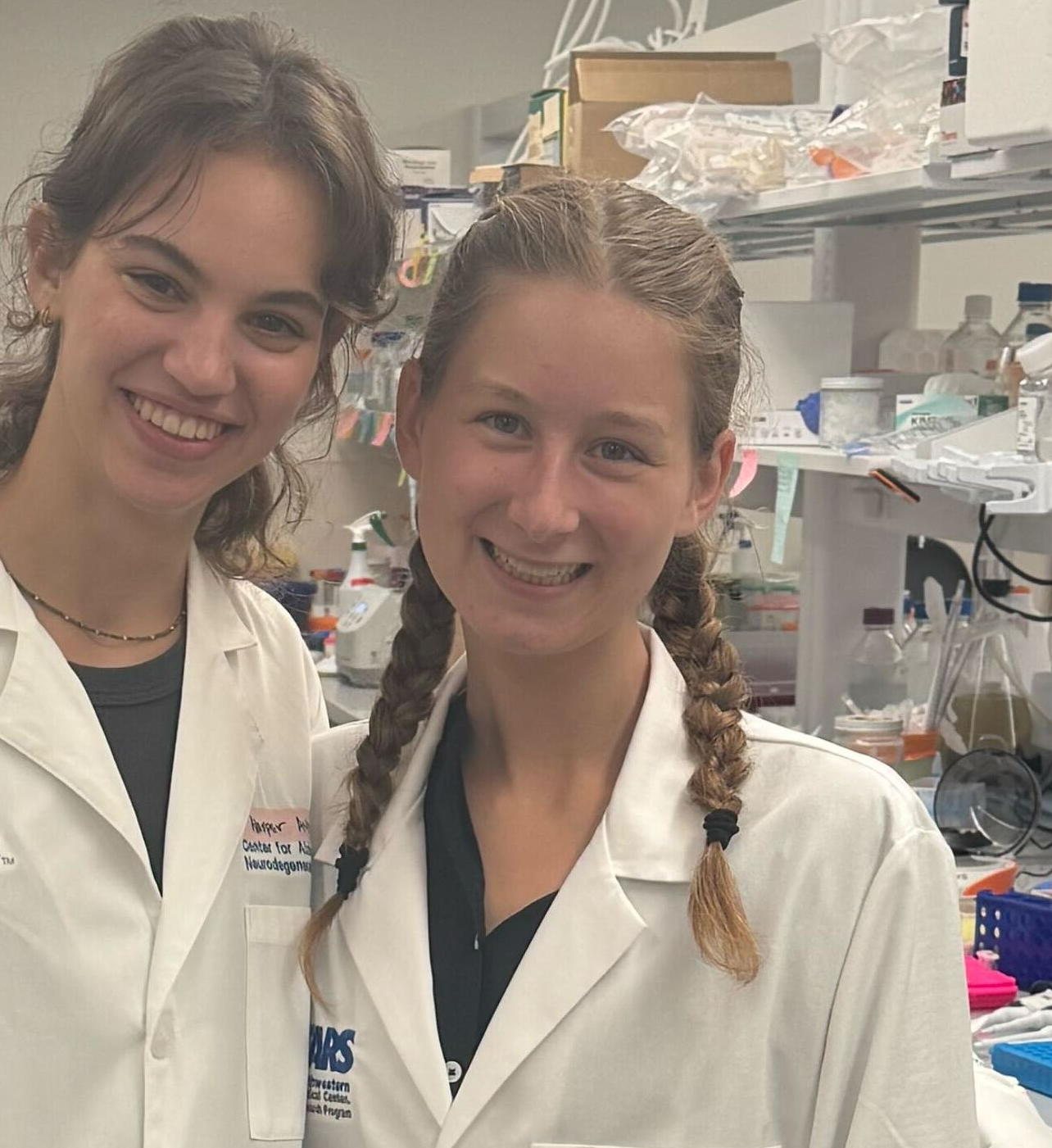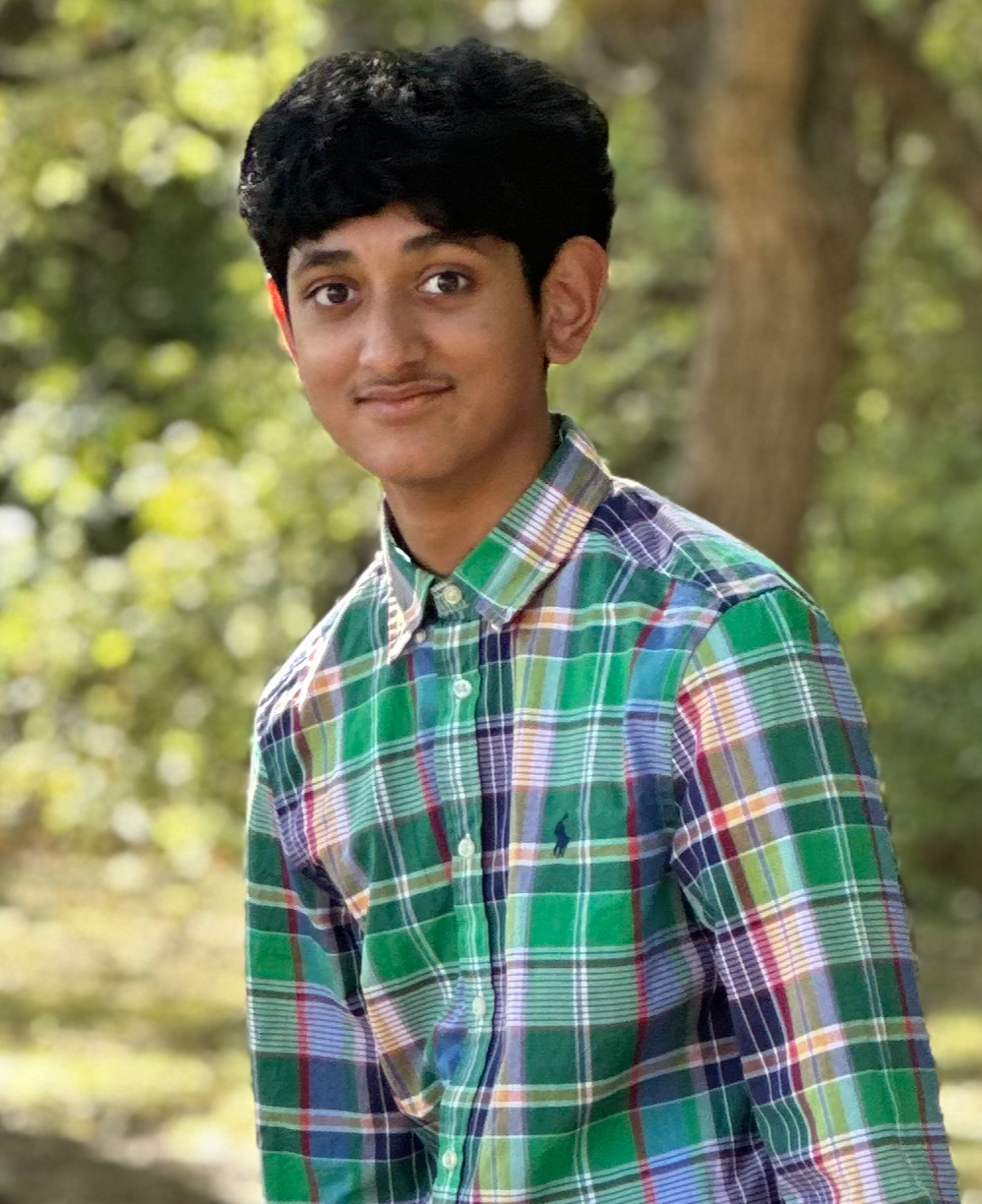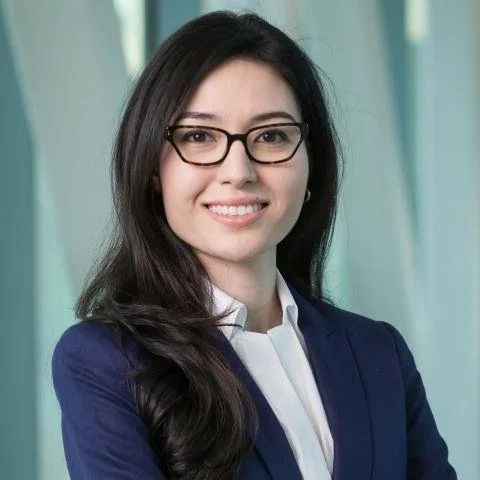Meet the Lab!
THE SHAHMORANDERS: THE David Sanders and THE Sarah Shahmoradian Lab(s) cure ALL the diseases!
David W. Sanders (PI)
David Sanders is a tenure-track assistant professor at UT Southwestern . Previously, he was a postdoctoral fellow at Princeton University (advisor: Cliff Brangwynne), where he studied the regulation and (dys)function of protein-RNA networks in cellular organization and RNA homeostasis. Before this, he was a graduate student at Washington University in St. Louis (advisor: Marc Diamond). In his PhD work, he determined that different tau protein aggregate structures stably replicate to cause distinct neurodegenerative diseases. Outside of lab, he enjoys EXTREME METAL, EXTREME WEATHER, cuddling with his EXTREME Yorkie (and new addition to family: his papillon), running (not extreme), creative writing (often extreme), drinking champagne with his EXTREMEly patient life partner (hi Mel!), and trying her patience by continually making up excuses to go back to lab at unreasonable times during the night/weekend/holidays (sorry Mel!). He was born and raised in Kansas City and received a Neurobiology BS from the University of Kansas. He values transparency and clear communication. Hopefully, you do too.
// david.sanders [at] utsouthwestern.edu // DWS curriculum vitae
Grigorii Sultanakhmetov (Postdoctoral Fellow)
Grisha is interested in how protein aggregates kill cells. Currently, he is leading the lab’s efforts to develop improved cellular models of TDP-43 aggregation. He was educated in Russia, earning his Bachelor’s and Master’s degrees in Physics from Lomonosov Moscow State University. He completed his Ph.D. in Molecular Neuroscience at Tokyo Metropolitan University, where he drew new insights into the regulation of tau phosphorylation. Raised in a city of factories, Izhevsk, but in a family with roots in the countryside, he loves landscapes, farmer work, and wild nature. When not in lab, he enjoys hiking, running, futsal, movies, books, and chess. He also likes to play a Russian social deduction game called Mafia, but it’s way too complicated for David to understand.
// grigorii.sultanakhmetov [at] utsouthwestern.edu //
Yasmeen Khan
(Postdoctoral Fellow)
Yasmeen is interested in how membrane biology and innate immunity modify pathogenic protein and RNA aggregation. She was educated in Delhi, India, receiving her Bachelor's and Master's in Biochemistry from Delhi University and Jamia Millia Islamia, then earning a PhD from CSIR-Institute of Genomics and Integrative Biology. At CSIR, she characterized the biophysical mechanism by which nucleolin’s RNA-binding domains cooperatively recognize G-quadruplex structures in nucleic acids. As a postdoc, Yasmeen is expanding her in vitro expertise from test tubes to living systems and is leading the lab’s efforts to understand the role of TMEM106B (and alpha-synuclein) in the aging brain. Outside of lab, one can find her trying new food, exploring new places, and playing badminton.
// yasmeen.khan [at] utsouthwestern.edu //
Rupam Ghosh
(Postdoctoral Fellow)
Rupam is interested in the molecular mechanisms of neurodegeneration. He completed his PhD at UTSW (advisor: Kendra Frederick), where he investigated the structural biology of disordered proteins within cellular environments using sensitivity enhanced solid-state NMR. He developed a method to apply DNP NMR to IDR structure within intact mammalian cells. Rupam had previously completed his MS from the Indian Institute of Science Education and Research with dual specializations in Biology and Chemistry. During this time, he worked across diverse topics such as prion biology (with Chiara Zurzolo, Institut Pasteur), alternative splicing in cancer (with Sanjeev Shukla, IISER Bhopal), and non-coding RNAs in immunity (with VV Satyavathi, CDFD). In the Sanders lab, Rupam studies the pathogenesis of tauopathies, especially as it pertains to polyanions. Outside of lab, Rupam enjoys traveling, experimenting with cuisines (he fails 90% of the time though), reading modern history, and discussing the same with like-minded companions.
// rupam.ghosh [at] utsouthwestern.edu //
Shefali Banerjee
(Senior Scientist)
Shefali comes to the lab from the RNA and virology world. She is interested in understanding how aberrant RNA processing contributes to disease, with a particular focus on neurodegenerative diseases. She obtained her PhD from NUS, where she studied how endothelial microRNAs regulate vascular permeability in dengue fever. In her first postdoc, she explored the underlying mechanisms that poxviruses use for cross-species adaptation, finding that viruses acquire adaptive viral RNA pol mutations to regulate their transcriptional output in a species-specific manner. In her second post-doc, she demonstrated that DDX39A/B are selectively required for the splicing of specific pre-mRNAs, despite a high degree of functional redundancy. In the Sanders Lab, she investigates the role of stress granules and mRNA entanglement in health and diseases of aging. Outside of work, Shefali enjoys watching stand-up comedy, listening to Bollywood music, and going on road trips.
// shefalimrinal.banerjee [at] utsouthwestern.edu //
Haoxing Liang
(PhD Student)
Haoxing is a second year graduate student in the GDD program at UT Southwestern. He was born in Guangdong and speaks both Mandarin and Cantonese (and his English is pretty stellar, too!). He joined the Sanders Lab to dig into the mechanisms behind neurodegenerative diseases and explore ways to reverse their progression. He’s especially curious about what drives aging in every single cell, and is passionate about creative bioengineering approaches to undo cellular senescence. Outside the lab, Haoxing enjoys authentic food, reading, and running—he clocks over 42.195 authentic km every week (DWS: remind Haoxing to convert to PERFECT US Standard!!!)! His has three big dreams: reunite with family during Chinese New Year, become a better scientist, and finish a marathon. During his PhD, he’s striving to graduate on time, live a healthy life, and grow into a better man. (DWS: omg, that is soooooo pure!!!).
// haoxing.liang [at] utsouthwestern.edu //
Emma Choo
(Data Scientist)
Emma Choo is joining the Shahmorander group as a computational specialist and biochemist, after previous training in the EXCELLENT lab of Ben Tu (fellow UTSW PI). She will be leading the labs’ efforts to use machine learning to increase thru-put of cryo-EM data processing, while dabbling in the finer arts of polyserine biochemistry. She obtained her undergraduate degree from University of Washington, which is a good school for a Washington…not quite David’s alma mater (WashU) but close. Outside of lab, she enjoys giving her husband (and fellow Shahmorander), Nick, continual congratulations for being smart enough to continue with his MSTP studies—unlike some people.
// choomunn [at] gmail.com //
Harper Averitt
(Undergrad Researcher)
Harper is entering her senior year of college at Dallas Baptist University (DBU), where she is pursuing a BS in Biology with a pre-medical concentration. She has grown up moving all around the United States and spent time off the coast of Venezuela watching her father complete his MD and work in the medical field, which inspired her to want to follow in his steps. Currently, Harper is working with post-doctoral fellow Rupam Ghosh, establishing a neuronal model of tau aggregate metabolism. In addition, she is excited to learn how specific transcription factors commit iPSCs to neuronal states. She hopes her research experience will further fuel her passion for regenerative medicine/neurology. In her free time, she loves to read, play tennis, hang out with friends, and try new foods.
// harper.averitt [at] gmail.com //
Srivinya ‘Vinni’ Karusala
(Undergrad Researcher)
Vinni is a rising freshman at UT Austin from Austin, TX. Ever since taking her first biomedical class, Vinni has been interested in asking scientific questions and learning new things about the human body. She previously completed a protein purification project at UT Austin, and conducting an independent project on mitochondrial disease using C. elegans (they are so cool!). Currently, Vinni is working with Rupam to decipher the molecular logic of a polyanionic cofactor of tau fibrils. She hopes to initiate an independent project next summer to expand her skill set. She plans to enter the medical engineering field in the future. Outside of the lab, Vinni enjoys singing, trying new foods, and learning the piano!
// vinnikarusala [at] gmail.com //
Jenny Chu
(Youth Achiever)
Jenny is a rising junior at The Hockaday School in Dallas, TX, which does not offer PhDs…because it’s a high school. She is currently honing her computational chops to analyze RNA-seq datasets with Shefali and Cryo-EM datasets with Emma and Jason in the Shahmoradian Lab. What scientific question will she be helping to answer? She claims that she will fill this out once she knows what #sciencestuff she is doing. Outside of STEM-related stuff, Jenny loves writing poetry, leading her own magazine with an iron fist—some call her the Anna Wintour of Hockaday— listening to Spotify, and eating ramen (+/- Swedish Fish…David: do I have to include this disgusting “fun fact”?!?) with her friends. She’s thrilled to be here! But where is here? If we only knew…
// jenny.chu [at] utsouthwestern.edu //
Sydnie Metrano
(Youth Achiever)
Sydnie (right) is a soon-to-be senior at Ursuline Academy of Dallas and a respected member of the illustrious STARS Program at UT Southwestern. She is working with Shefali on stress granules and models of TDP-43 aggregation. Her hobbies include being the only Shahmorander Youth Achiever who can call herself a RISING STAR (!!!), which is the most prestigious title that anyone can obtain before their dreams are crushed by the brass tack realities of the modern world. Sydnie hopes that her time in the Shahmorander Lab will allow her star to keep rising, so she doesn’t go full supernova soon. Because supernovas are bad news for anyone caught in their vapor trails. And Sydnie doesn’t want to watch the world burn in the midst of her success. Clearly, Sydnie wrote this and not David…why do you suspect otherwise? Just because David uploaded the only image of Sydnie he could find? No, she chose this.
// sydniemetrano2030@gmail.com //
Ajay Kota
(Youth Achiever)
Ajay is entering his senior year at Centennial High School in Frisco, TX, where he has developed a strong passion for neuroscience and biology. He spent his early years moving between Arizona and California, but it was his grandmother’s diagnosis with dementia in 2019 that inspired his deep interest in neurodegenerative diseases. Currently, Ajay works with Victor in the Shahmoradian Lab, analyzing 2D alpha-synuclein protein structures from human brain tissue and modeling them into original 3D forms to better understand how treatments might reverse structural damage in diseased brains. He will soon be extending his structural analyses to TDP-43 fibrils derived from cells. He hopes this work will further his interest in translational neuroscience. Outside of the lab, Ajay enjoys going to the gym, flying drones, skateboarding, swimming, and playing chess.
// ajaymkota [at] gmail.com //
Vaibhav Bommareddy
(MD Student/Intern)
Vaibhav is a former MD/PhD student at UTSW, who recently switched to the “dark side” (i.e. straight-up MD program). He was born and raised in Houston, TX, and completed a BS degree in Neuroscience at UT Dallas in 2020. He is interested in how misregulation of protein-protein interactions (PPIs) drive diseases of aging. During his rotation in the Sanders Lab, Vaibhav initiated the lab’s brilliant efforts to integrate optogenetic and proteomic approaches into an improved high-throughput screening platform. He was optimizing this method to discover peptide ligands that toggle PPI network switches, when he got impatient with the PhD process and returned to MD studies semi-full time. We are certain he will become bored with poking (respectfully) at cadavers soon. Outside of promising to return to lab and poking at dead bodies, Vaibhav’s hobbies include money, sleeping, and making money. No money yet, Vaibhav! Get dat MD!
// vaibhav.bommareddy [at] utsouthwestern.edu //
Sarah Shahmoradian
(Collaborating PI)
Most of our research is performed in collaboration with Sarah’s (more successful) lab. Please see the Lab Website of Sarah Shahmoradian for information on her group!
// sarah.shahmoradian [at] utsouthwestern.edu //
YOU?!?
The Sanders Lab, in collaboration with the Shahmoradian Lab, continues to hire AT ALL LEVELS. We are particularly interested in recruiting talented AND enthusiastic graduate students enrolled at UT Southwestern. If you are passionate about curiosity-based research at the interface of health and disease, please reach out to David (and/or Sarah) by e-mail and include a paragraph about why you are excited about potentially joining the Shahmoranders Team! Don’t even think about using ChatGPT. We can (shockingly!) differentiate between genuine enthusiasm and boilerplate spam. :)
ALUMNI
Michael Jimenez, Staff scientist, 2024-2025; Now: STEM teacher in training
Lance Hewes, Youth achiever, 2024; Now: St. Mark’s Prep School of Dallas
